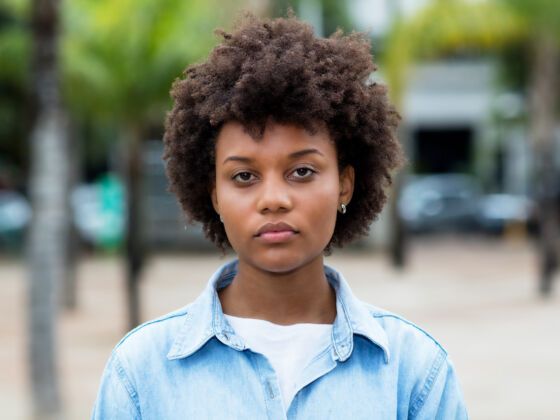RIO DE JANEIRO, Brazil — First, several Brazilian men tweeted sexually provocative and misogynistic messages about a 12-year-old girl competing on a popular TV food show.
A few days later, lawmakers discussed a bill requiring doctors to notify the police every time a woman seeks abortion-related treatment.
Then, as if things weren’t looking bad enough for women here, a new report showed homicides against women have quickly grown to give Brazil the fifth-highest rate out of 83 countries.
